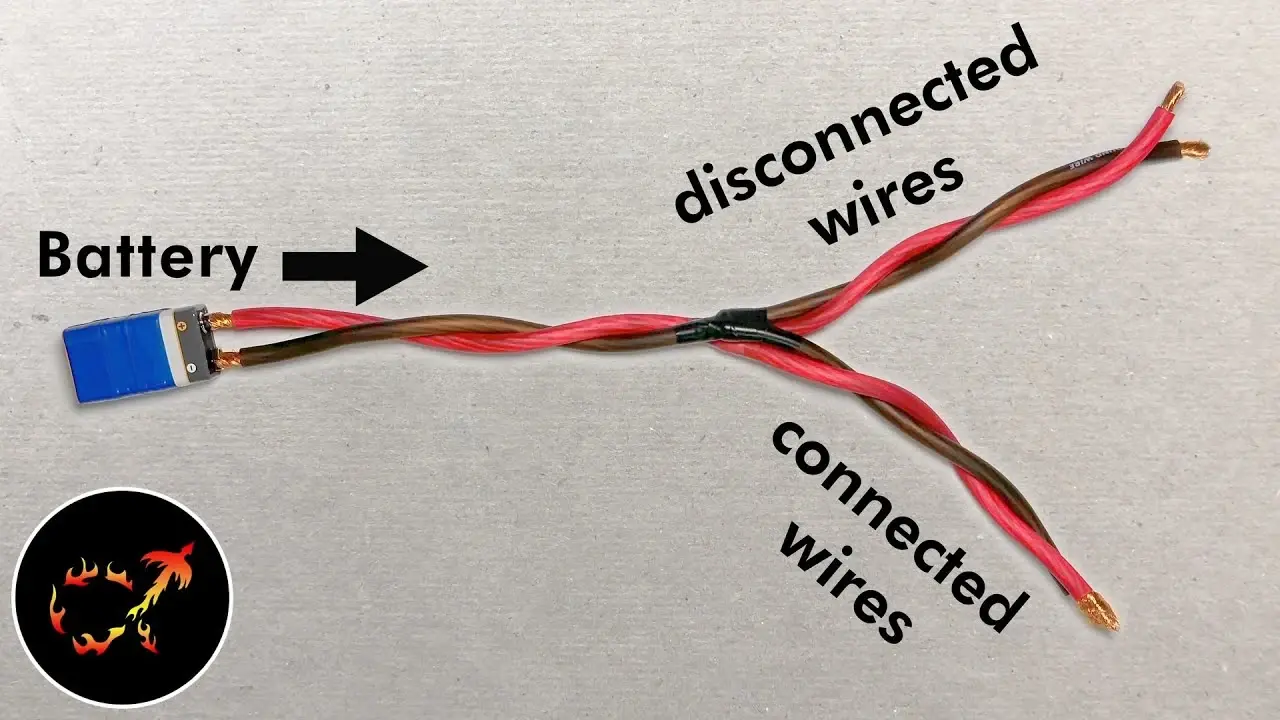

You also need that stuff to shut up pseudo-sceptics. Like, random example, posture having an influence on mood, there were actually psychologists denying that, reason for that kind of attitude is usually either a) If there’s no study on some effect then it doesn’t exist, “literature realism” or b) some now-debunked theory of the past implied it, “incorrectness by association”. Just because you’re an atheist doesn’t mean that you should discount catholic opinions on beer brewing, they produce some good shit. And just because the alchemists talked about transmutation and the chemists made fun of it to distance themselves from their own history doesn’t mean that some nuclear physicist wasn’t about to rain on their parade, yes, you can turn lead into gold.




















If you’re from a starving country and have been told all your life that everywhere else is worse, a war zone without famine is bloody impressive.